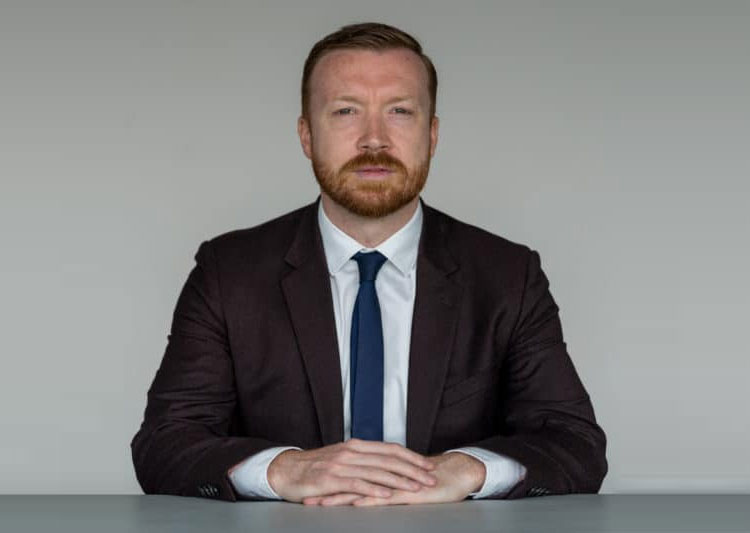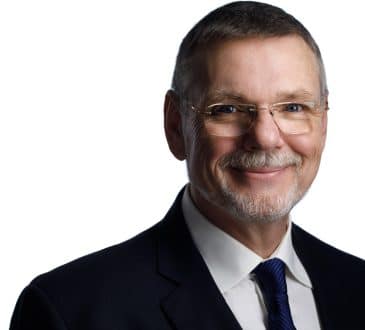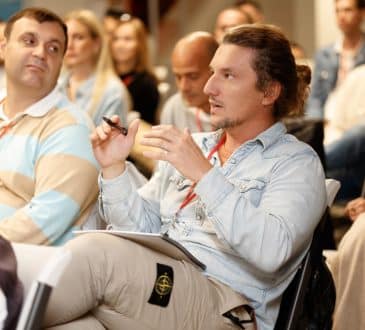14 Questions to Supercharge Your People’s Performance by Using the New Science of Coaching

Sir Alex Ferguson is one of soccer’s most highly regarded and successful managers. As Manchester United’s manager, his side dominated domestic and European soccer and won multiple trophies.
In an interview with Sequoia Capital chairman Sir Michael Moritz on the Stanford Graduate School of Business YouTube channel, Ferguson explained how, before every game, he conducted a series of one-to-one meetings with players that had not been selected. He gave them his reasons for making that decision.
He said the important part of doing this was to make these players feel like they were contributing to the team’s success, even though they were not playing in that particular game. This was a brilliant move on Ferguson’s part, and it is also a great demonstration of why he is an excellent “SWAP Coach.”
Successful SWAP (self-watch, aim, plan) Coaches are excellent at helping individual members of a team build better habits to be their best. In the challenging modern world, where the only constant is change, it is more important than ever for all leaders and managers to become outstanding SWAP Coaches. Let me show you how.
The Core Components of a SWAP Coach
There are three core components of being an excellent SWAP Coach. The first component is focusing on individuals and showing you care (building trust).
Second is having great listening and rapport-building skills. The third component is coaching and supporting individuals to improve by helping them build sustainable new helpful habits
Ultimately, to become a great SWAP Coach, you must first learn how to coach yourself (i.e., build your own new sustainable habits). Then, you can help others build new habits.
The SWAP Coach Self-Assessment
Our SWAP Coach self-assessment tool is designed to help you analyze your current SWAP Coach abilities. This is an intelligent Self-Watching tool. It helps you understand much more about being a good SWAP Coach.
It is highly unlikely you will be a perfect SWAP Coach. The important thing is that you are thinking about your SWAP Coach habits and identifying your strengths and areas for improvement. If you revisit this process every four to six weeks, you will gradually improve your SWAP Coach habits.
To complete the assessment, write down a response to each statement. For your response, select one of the following options: Not a priority, Something I already do well, or Something that I need to do better.
14 SWAP Coach Assessment Questions
- It would be helpful for me to have a set of questions I can use to help build a rapport with people for both face-to-face and remote interactions.
- It would be helpful for me to have a set of questions I can use to help me show people I am listening in both face-to-face and remote interactions.
- It would be helpful if I showed vulnerability first. For example, sharing with your coachees (e.g., team members/colleagues) that you are still working on improving yourself.
- It would be helpful for me to overemphasize that I am listening and understanding what the other person is saying (this might be especially important in remote interactions).
- It would be helpful if I learned to improve my listening skills.
- It would be helpful if I gave advice less often.
- It would be helpful if I asked my coachees to explain why something was stressful or challenging.
- It would be helpful if I encouraged my coachees to think about their long-term goals.
- It would be helpful if I encouraged my coachees to think about what they need to achieve in the short-term to achieve their long-term goals.
- It would be helpful if I had a list of questions to help my coachees reflect on how they can be at their best more often, so they have the best chance of achieving their short-term and bigger goals.
- It would be helpful if I helped my coachees consider their current performance in areas they want to improve on a scale from 1 (poor) to 10 (perfect).
- It would be helpful if I explained neuroplasticity to my coachees, so they understand they can change and grow.
- It would be helpful if I asked my coachees to write down a SWAP (Self-Watch, Aim, Plan) that will help them move one step closer to 10 on the scale described in statement 11.
- It would be helpful if my coachees wrote a Habit Building Plan to consider all the factors that would help or hinder them in achieving their new habit.
Reflect on Your Insights
Once you have completed the self-assessment by reflecting on your current strengths and weaknesses as a SWAP Coach, write down some reflections about your insights. It might be helpful to give each area you think needs work a priority score (1 = most urgent; 10 = least important).
If it is helpful, consider which small new helpful habits you can build to help you become an even better SWAP Coach. Write them down, then spend time intentionally developing those habits.
To help you build new SWAP Coach and leadership habits, I have created a range of over 30 “Habit Mechanic Tools”. They are tried and tested in helping leaders and managers use the new science of leadership to build better habits in the following areas: SWAP Coach; Action Communicator; Cultural Architect; Role Model. You can learn more about them in my new best-seller book, The Habit Mechanic.
The above is adapted from a new best-selling book, The Habit Mechanic, by Dr. Jon Finn. For more advice on how to be an outstanding leader and manager, you can find The Habit Mechanic on Amazon. It includes over 30 tried and tested Habit Mechanic Tools to help you build better health, happiness, performance, and leadership habits.
Have you read?
PARADOXICAL MANAGEMENT: LEARNING TO LET GO and give up control by Dr. Keren Tsuk, Ph.D.
Architect Androsky Lugo Discusses Project Preparation: Fundamentals and Caveats.
James Khuri shares 7 Business Building Tips Every Entrepreneur Needs To Know.
Frances Townsend on American Cybersecurity’s Much-Needed Overhaul.
4 questions leaders need to ask to resolve conflict at work by Jaemin Frazer.
Add CEOWORLD magazine to your Google News feed.
Follow CEOWORLD magazine headlines on: Google News, LinkedIn, Twitter, and Facebook.
This report/news/ranking/statistics has been prepared only for general guidance on matters of interest and does not constitute professional advice. You should not act upon the information contained in this publication without obtaining specific professional advice. No representation or warranty (express or implied) is given as to the accuracy or completeness of the information contained in this publication, and, to the extent permitted by law, CEOWORLD magazine does not accept or assume any liability, responsibility or duty of care for any consequences of you or anyone else acting, or refraining to act, in reliance on the information contained in this publication or for any decision based on it.
Copyright 2024 The CEOWORLD magazine. All rights reserved. This material (and any extract from it) must not be copied, redistributed or placed on any website, without CEOWORLD magazine' prior written consent. For media queries, please contact: info@ceoworld.biz
SUBSCRIBE NEWSLETTER








